20+ SAMPLE Music Contract Proposal
-
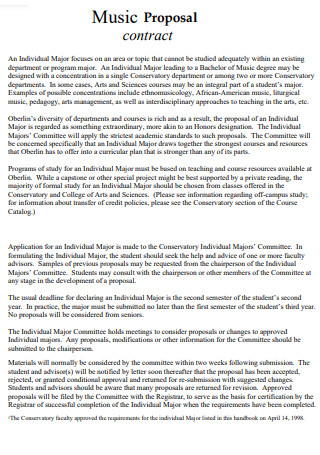
Music Contract Proposal
download now -
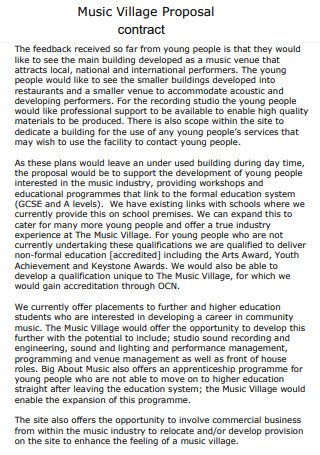
Music Village Contract Proposal
download now -
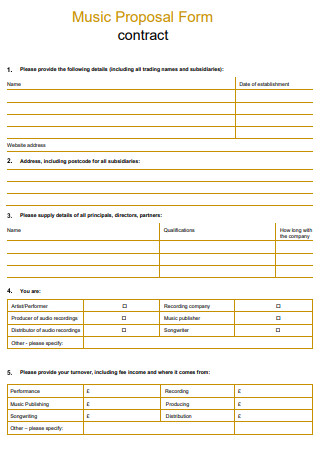
Music Contract Proposal Form
download now -
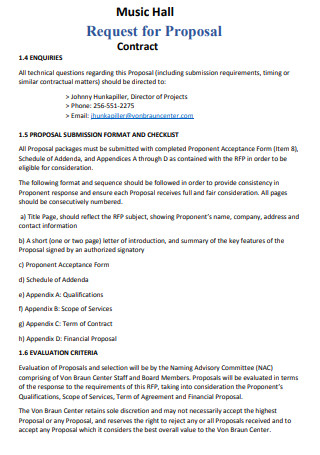
Music Hall Contract Proposal
download now -
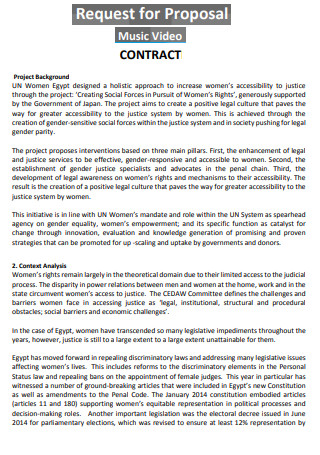
Music Video Contract Proposal
download now -
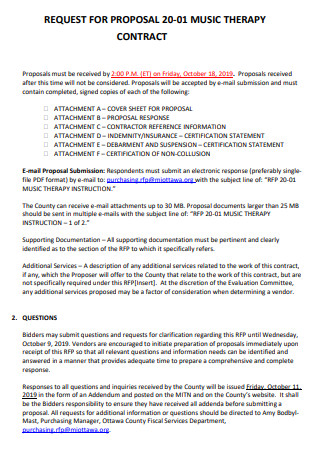
Music Therapy Contract Proposal
download now -
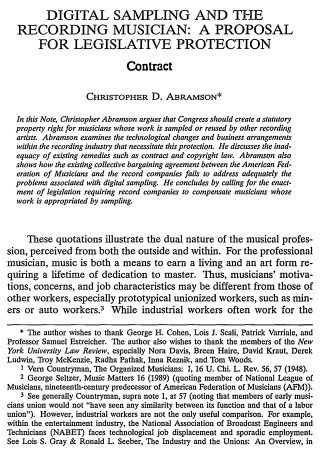
Recording Musician Contract Proposal
download now -
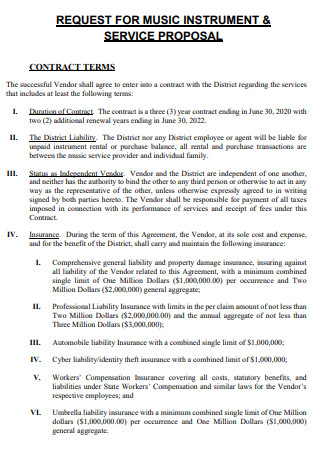
Music Instrument Contract Proposal
download now -
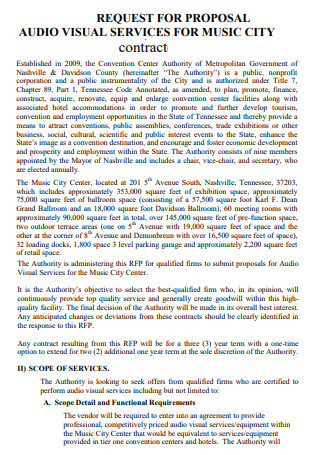
Audio Visual Music Contract Proposal
download now -
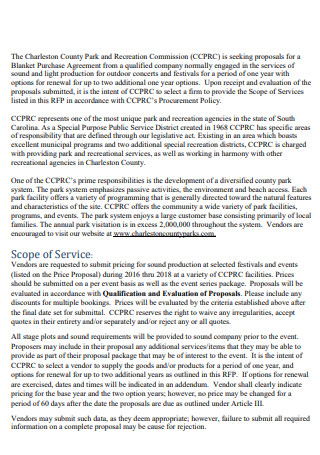
Music Event Contract Proposal
download now -
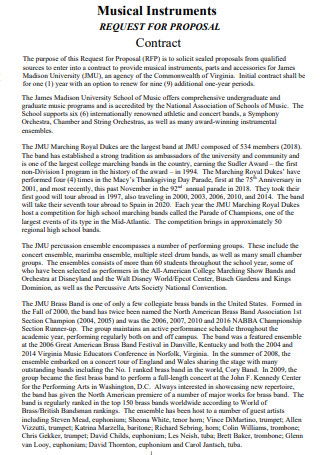
Music Instruments Contract Proposal
download now -
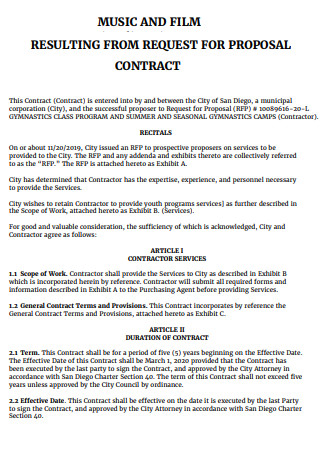
Music And Film Contract Proposal
download now -
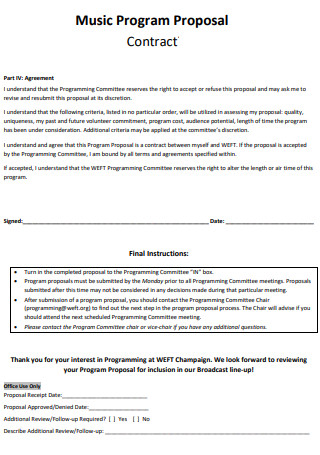
Music Program Contract Proposal
download now -
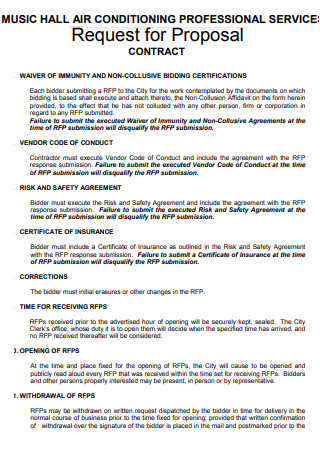
Music Hall Services Contract Proposal
download now -
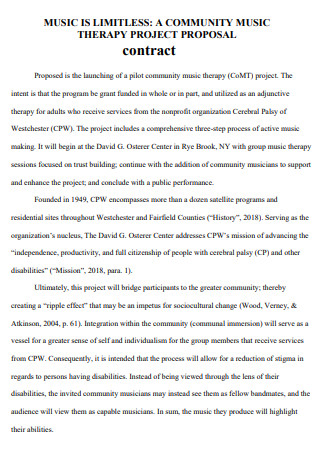
Community Music Contract Proposal
download now -
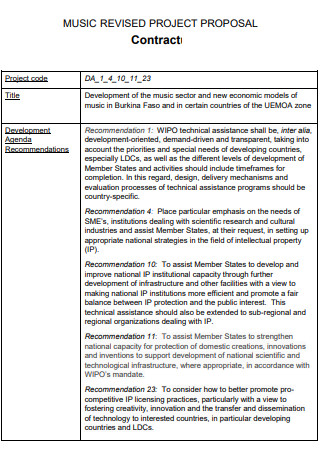
Revised Music Contract Proposal
download now -
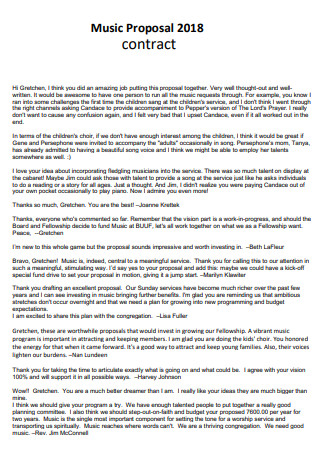
Sample Music Contract Proposal
download now -
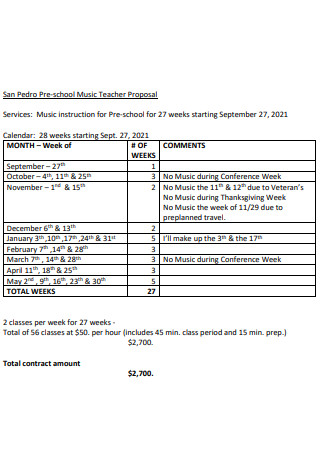
Music Teacher Contract Proposal
download now -
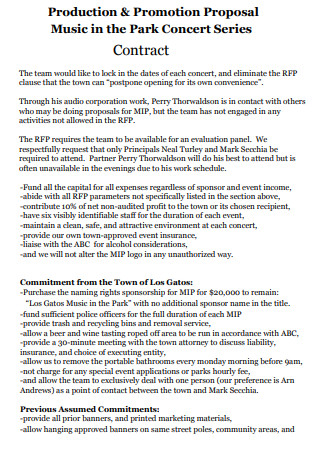
Music Concert Contract Proposal
download now -
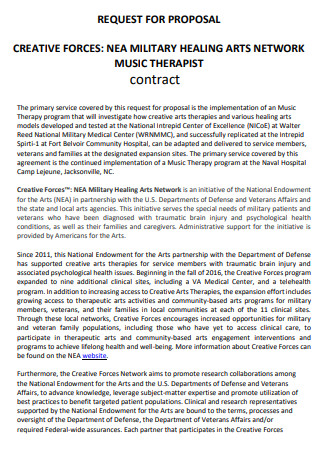
Art Music Contract Proposal
download now -
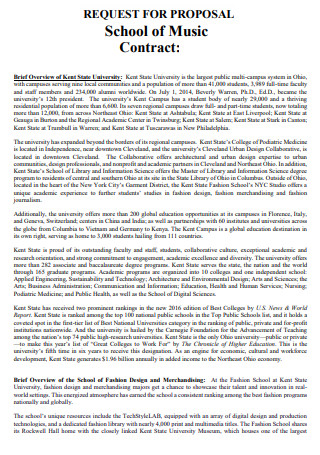
School of Music Contract Proposal
download now
FREE Music Contract Proposal s to Download
20+ SAMPLE Music Contract Proposal
What Is a Music Contract Proposal?
Different Important Contracts in the Music Industry
Tips Artists Should Know before Signing a Record Deal
How to Write a Music Contract Proposal
FAQs
How do contracts work in the music industry?
What is a songwriting contract?
How much do labels pay artists?
What Is a Music Contract Proposal?
A music contract proposal is a written document that is utilized by the record label to establish the ownership of the finalized output of the recording session as well as the licensing rights in the advertising of the album. It goes with the music business proposal as it helps to explain which music sells to the investors. It could also be a business proposition for a talented client with whom the label or marketing company would like to collaborate to create commercially successful songs. This article will help you write out your music proposal with the recording studio proposal template.
Different Important Contracts in the Music Industry
The majority of musicians prefer to focus on the essentials such as jamming, writing songs, and performing. Contracts are frequently overlooked or not thoroughly read. When actively entering the music industry, individual artists and bands should build a contracted awareness so that they can operate as a business in the future. Due to the variety of contracts, you or your client could confuse about which is more fitting to their needs. To accommodate their specific preferences, you need to be aware of the different types of contracts.
Tips Artists Should Know before Signing a Record Deal
Picture this, as an aspiring artist, you finally released your first song. A record label saw your potential and offered you what appears to be a once-in-a-lifetime deal. But before you sign on the dotted line, be sure you understand exactly what you are agreeing to, so your aspirations of fame and money don’t become a nightmare. This list has been curated for you to think about before signing your first recording deal. It’s better to be aware of these things so you won’t have regrets in the future.
How to Write a Music Contract Proposal
After thoroughly reading and reviewing the article, you know more about the various types of contracts in the music industry as well as what you should be aware of before signing a record label. With this added knowledge and along with the music sponsorship proposal template this site has provided, you will surely impress your client into signing a contract. You don’t have to start from scratch as there is an available proposal letter sample you can use as a reference. Without further ado, proceed below and read the guide.
Step 1: Cover Page
For your first step, you will need to come up with a cover page. This cover page doubles as a title page as it will include the name of the talent client, artist, or band you are writing this music contract proposal to. Additionally, you will be listing the music company or record label. It is common knowledge that including both parties in the proposal is to indicate who the document is meant between. Since this is also the first thing that your clients will see, you should professionally arrange the layout.
Step 2: Define the Role of the Contract
This is the section where you can further explain the purpose of the document. Even if both parties have already discussed the role of the contract, it still needs to be explicitly stated in the fine print. Make sure not to leave out any other details as to why the contract is being written in the first place. Clarify any jargon or wording that is not as familiar to either party.
Step 3: Elaborate on the Contract Terms
Any proposal will include a list of terms and conditions that the client will need to be made aware of. You should also include what the artist is responsible for and what they are obligated to do while maintaining the relationship after the contract is signed. Furthermore, you can specify what will happen in the case that one or more of the terms are broken with the full consciousness and awareness of the client.
Step 4: Include the Payment Policy
As for this step, you will need to discuss the policies included in terms of the payment the client will be handling in connection to working with the record label. These payments include the deposit fees clients paid, cancellation fees especially during a supposed recording session, ownership of the shares and earnings of the finalized output or song, the distribution rights, royalty rate, and lastly additional promotional means to advertise the music.
Step 5: Don’t Forget the Signatures
The last step will require you to secure the signatures of both parties tied to the proposal. This section will need an appropriate space or boxes that will signify where the client or your company will be placing their signatures. Signatures indicate that both parties are satisfied with the contents of the proposal. Further changes will be added but need to be made aware to both parties before finalizing it in the music contract proposal.
FAQs
How do contracts work in the music industry?
An artist assigns and transfers ownership in their sound recording copyrights to a record label, usually in consideration for an advance and later royalty payments. The record label frequently offers to advertise, promote, and license the recordings to music consumers and streaming platforms. This will lessen the number of tasks that a solo artist will be doing but that doesn’t mean they are not included in the process of decision-making. Since a record label that will consider the artists won’t forget about their opinion over things.
What is a songwriting contract?
A songwriter’s contract is an agreement between a songwriter and a publisher that allows the publisher to purchase songs from the writer on particular terms. From the moment they sign the songwriter’s contract, the songwriter relinquishes all rights and interests in their music to the publisher. During the term of the contract, the publisher is allowed to lawfully publish songs written by the songwriter.
How much do labels pay artists?
Two types of royalties are paid by record labels: one to artists and another to songwriters and publishers. Artists can receive 10%–15% of the suggested album retail price, minus packaging costs. Composers and publishers get compensated at a rate of 30% or higher. Certain percentages will change and differ depending on the agreement between the record label and the talent client.
You may need an event proposal next when your signed band requires a venue and event to perform their album. Check out this site’s Event List available for you to consider when coming up with your band’s next fitting moment to perform. Additionally, if they are lacking in budget, you could fill in a provided music grant proposal sample and gain assistance from the grant. What are you waiting for? Start writing that music contract proposal now and impress your talented client or artist.
